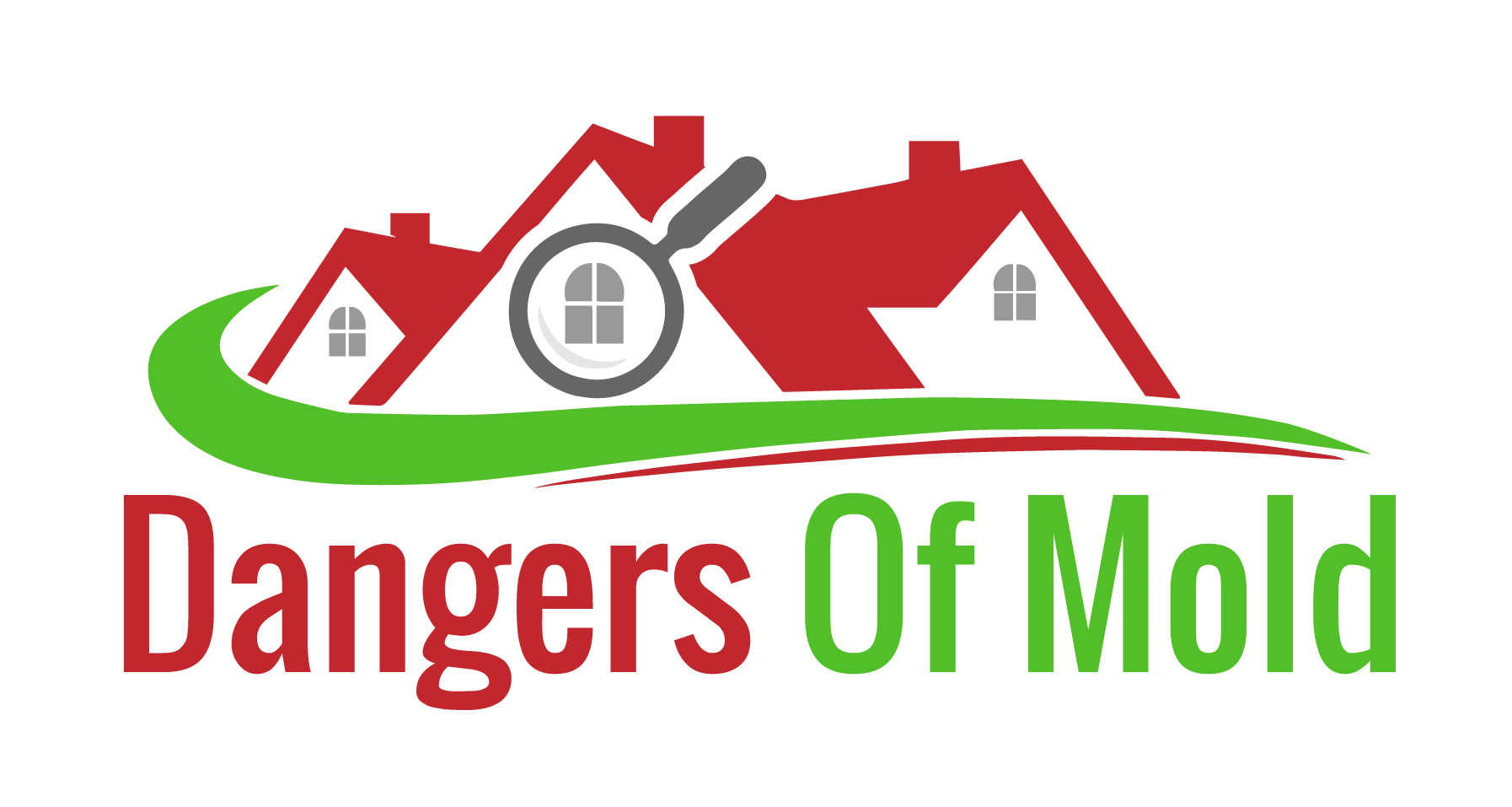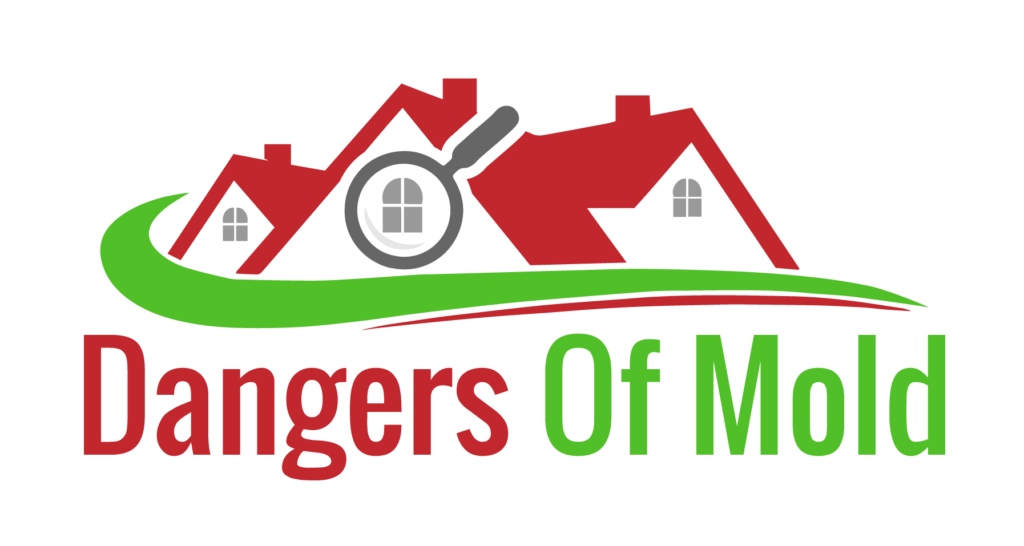Individuals with pre-existing respiratory conditions like asthma may experience worsening of symptoms when exposed to mold. Mold spores can irritate the respiratory system and exacerbate respiratory conditions, leading to coughing, wheezing, and difficulty breathing.
Respiratory Issues By Mold
Mold spores can exacerbate respiratory issues in individuals with pre-existing conditions like asthma through several mechanisms. Here’s how exposure to mold can contribute to worsening respiratory symptoms:
Allergenic Response: Mold spores are known allergens, and when individuals with asthma inhale these spores, it can trigger an allergic response. The immune system of susceptible individuals may overreact to the presence of mold, leading to inflammation in the airways.
Airway Irritation: Mold spores, especially when present in high concentrations, can directly irritate the respiratory system. This irritation can lead to inflammation of the airways, causing symptoms such as coughing, wheezing, and shortness of breath. The irritation can be particularly problematic for individuals with asthma, as their airways are already sensitive.
Release of Mycotoxins: Some molds produce mycotoxins, which are toxic substances. While not all molds produce mycotoxins, exposure to these substances can contribute to respiratory symptoms and exacerbate existing conditions. The mechanisms by which mycotoxins affect the respiratory system are not fully understood, but they may contribute to inflammation and irritation.
Increased Sensitivity: Individuals with asthma often have hyper-reactive airways, meaning their airways are more sensitive to various triggers. Mold spores can act as one of these triggers, leading to an increased sensitivity of the airways and a heightened response to other asthma triggers.
Fungal Infections: In individuals with compromised immune systems, exposure to certain types of mold can lead to fungal infections in the respiratory tract. While this is less common, it can contribute to severe respiratory symptoms.
It’s important to note that the severity of respiratory issues can vary among individuals, and not everyone with asthma will react in the same way to mold exposure. Additionally, the duration and intensity of exposure, as well as the specific type of mold involved, can influence the extent of respiratory symptoms.
If someone with asthma experiences worsening respiratory symptoms, it’s crucial to seek medical advice. Healthcare professionals can help determine the cause of the exacerbation and recommend appropriate treatment, which may include managing the underlying asthma condition and reducing exposure to mold and other triggers.

